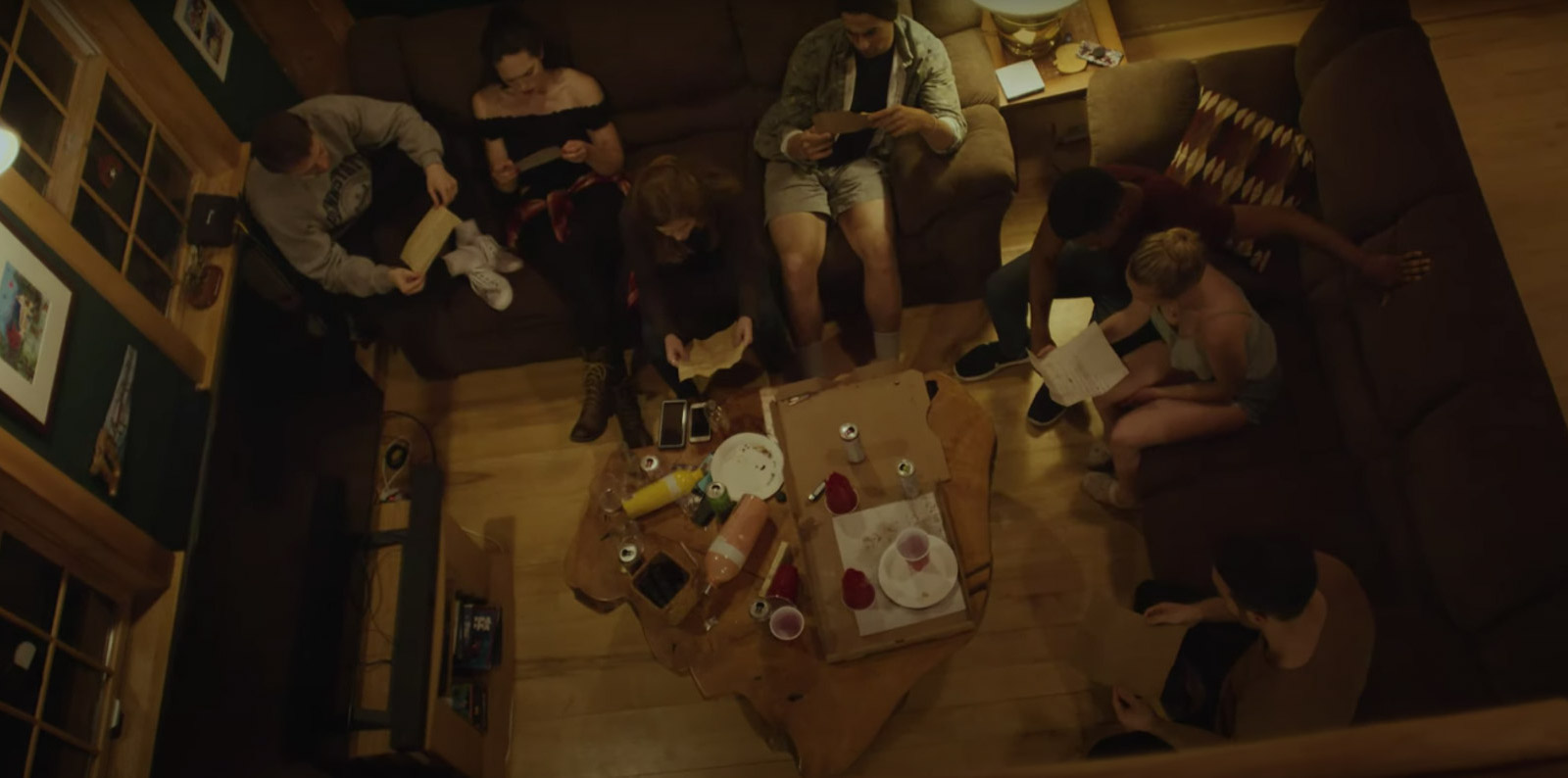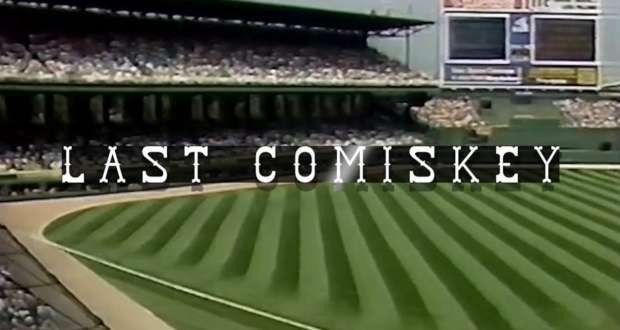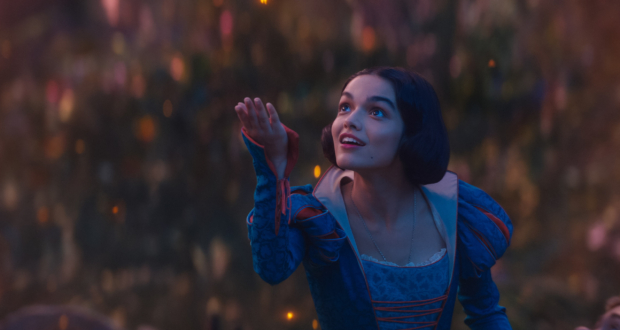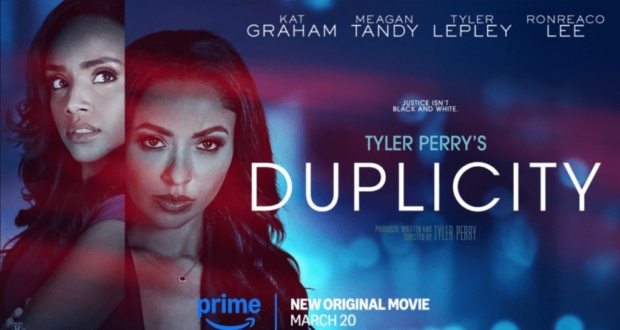The freshly wide-released and most unconventionally presented docudrama “Desert Cathedral” seemed to offer some of my very favorite facets of film. These are in no particular order of preference: suspense, drama, a darkish theme, an enigmatic and sparingly speaking main character and the vast wide open spaces of the American west. Having seen this remarkable movie now I am here tell ya that’s a “Bingo” on all counts.
I am a longtime continuous resident of the Puget Sound region and still was not familiar with the actual Seattle area events upon which “Desert Cathedral” is based. Veteran actor Lee Tergesen (“Oz”, “Generation Kill”) is simply superb as Peter Collins, a realtor who blows his big chance at grabbing the brass ring when a dream housing development project goes belly up. Unable to absorb such unexpected failure Collins becomes completely unhinged. We then watch as a man plunges headlong into the abyss of an unnerving nervous breakdown. Collins drives south and away from his job, home and family, eventually winding up in the middle of nowhere, USA. His frame of mind is unstable, his mission macabre. Collins also makes an audio and video journal of his bizarre odyssey, primarily as a means of apologizing to his wife and young daughter for the pain he knew he was inflicting upon them. These recordings are expertly interwoven into the film together with the dramatic performance footage in a stunningly seamless editing triumph on behalf of Oriana Soddu and Marc Vives. And every bit of what we see on this ominous journey is relentlessly riveting.
Tergesen is absolutely revelatory here. In Collins he gives us a hauntingly enigmatic, painfully emotionally fragile man. This is an individual so thoroughly self-defined in being a success for his firm and his beloved family that when he believes he has irreparably failed them, is unable to cope with the debilitating feelings of guilt and shame that conspire to destroy him. Tergesen never over plays it. Never falls into stock affectation. Never loses a grip in his portrayal of a character who has completely taken leave of his own. That he is a lost soul hopelessly adrift in such stark surroundings (magnificently captured by Cinematographer Michael Ragen) will not be lost on you. Nor will it lack in it’s enduring impression.
If there is a message that resonates with “Desert Cathedral” it may ultimately be this: To accept the forgiveness of others, we must first forgive ourselves. The movie’s final scene is of an estranged father paying a call on his young son in a preliminary effort to restore a relationship long severed. It is a poignant moment that serves to further edify the senseless human tragedy we have witnessed when such redemption is forever forsaken.
I had a chance to visit by phone with first-time feature film Director Travis Gutiérrez Senger, who also wrote and helped to produce “Desert Cathedral”. I will be posting excerpts from our interview later this week. Senger shared with me that his follow-up to “Desert Cathedral” is already in the works. This time the environment explored will be the much more limited setting of a drug rehab clinic in what Senger describes as a “hallucinatory dark comedy/drama”. That may sound like somewhat of a big bite to chew. However if this impressive debut is any sort of indication at all, it’s a relatively decent bet that this talented and provocative young filmmaker is more than capable of sinking his teeth into the challenge.
-
Acting - 8/10
8/10
-
Cinematography - 8/10
8/10
-
Plot/Screenplay - 8/10
8/10
-
Setting/Theme - 8/10
8/10
-
Buyability - 7/10
7/10
-
Recyclability - 8/10
8/10























